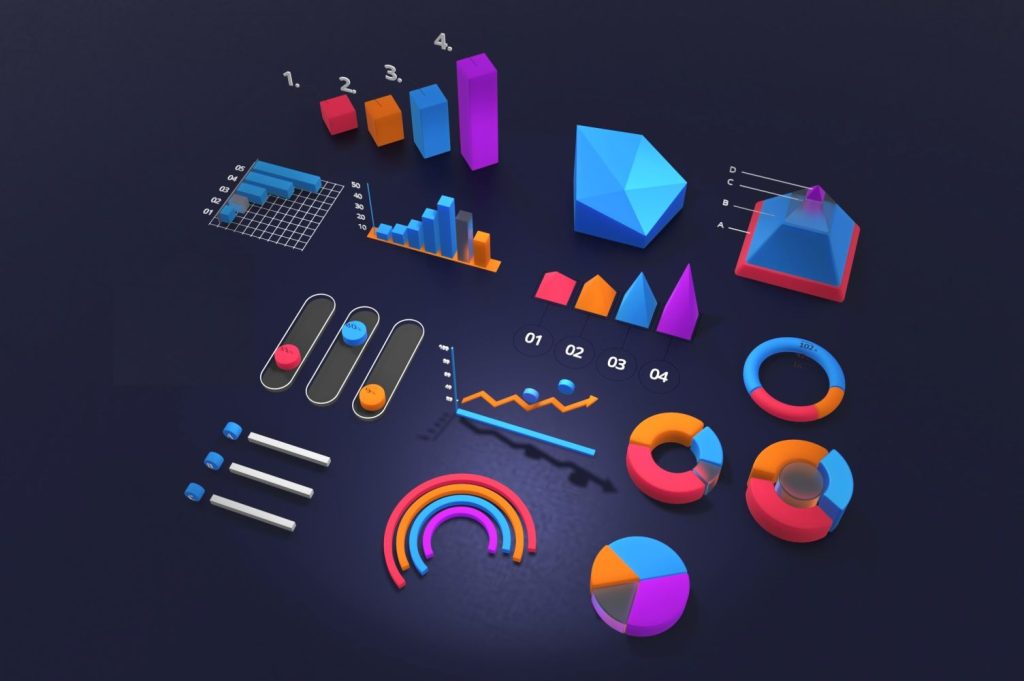Business Intelligence and Reporting (BIR): Unlocking Insights for Smarter Decisions
In today’s data-driven world, businesses need more than just raw information to succeed. Business Intelligence and Reporting (BIR) is crucial in transforming data into actionable insights, helping organizations make smarter decisions. This article dives into how BIR enhances business performance, the tools used, and why it’s essential for modern organizations.
What is Business Intelligence and Reporting?
Business Intelligence (BI) refers to the processes, technologies, and tools that turn data into valuable insights. Reporting, on the other hand, is the practice of organizing this data into understandable formats like dashboards and reports. Together, Business Intelligence and Reporting BIR empowers businesses by providing a clear view of performance metrics, market trends, and customer behavior.
The Importance of Business Intelligence in Today’s Market
In today’s competitive landscape, data is king. Businesses that leverage Business Intelligence tools can outpace competitors by identifying opportunities and mitigating risks. The ability to make data-driven decisions can improve operational efficiency, increase profitability, and foster innovation. Business Intelligence and Reporting BIR enables organizations to:
- Track performance metrics in real-time
- Understand customer preferences
- Optimize processes for better outcomes
Key Tools Used in Business Intelligence and Reporting
There are several tools available that make Business Intelligence more accessible to companies of all sizes. These tools not only offer data collection but also provide visualization and analysis capabilities. Some popular BI tools include:
- Power BI: A Microsoft solution that integrates seamlessly with existing systems, offering powerful data visualization.
- Tableau: Known for its intuitive interface and advanced analytics capabilities.
- Google Data Studio: A free tool offering basic data visualization and reporting.
These tools help businesses create dashboards, interactive reports, and custom visualizations that offer insight into performance metrics.

How BIR Improves Decision-Making
With the right Business Intelligence tools, decision-makers gain instant access to insights, empowering them to react swiftly to changes in the market. Business Intelligence and Reporting BIR helps identify bottlenecks, uncover growth opportunities, and streamline decision-making processes. Whether reducing costs, improving customer satisfaction, or boosting sales, BIR supports informed decision-making that drives success.
Enhancing Efficiency through BIR
By leveraging Business Intelligence and Reporting, organizations can automate reporting processes, reducing manual effort and minimizing human error. This allows teams to focus on more strategic tasks, improving overall efficiency. Automating data collection and reporting means faster, more accurate insights, enabling businesses to operate with agility.
The Role of Data Visualization in BIR
Data visualization is a core component of BIR. The ability to present complex data in an easy-to-understand format is critical for decision-makers. Dashboards and interactive charts allow teams to see trends and patterns at a glance, enabling quicker, more effective decisions.
Future Trends in Business Intelligence and Reporting
The future of BIR is promising, with new technologies such as Artificial Intelligence (AI) and Machine Learning (ML) further enhancing the capabilities of traditional BI tools. Predictive analytics, real-time reporting, and automation are set to revolutionize the way businesses interact with their data.
As the volume of data grows, so does the need for more sophisticated tools to analyze it. Companies that adopt cutting-edge BIR technologies will continue to stay ahead of the competition by anticipating trends and adjusting strategies accordingly.
Conclusion: Why BIR is a Must-Have for Modern Businesses
In an era where data is a critical asset, business intelligence, and reporting are no longer a luxury but a necessity. By turning data into actionable insights, BIR helps businesses remain competitive, efficient, and innovative. From improving decision-making to increasing operational efficiency, the benefits of BIR are vast. Investing in the right tools and processes ensures that your organization will survive and thrive in the data-driven future.

Why do you need this Business Intelligence and Reporting (BIR)?
Business Intelligence and Reporting (BIR) plays a crucial role in modern organizations for several reasons. Here’s why you need BIR:
1. Informed Decision-Making
- BIR provides actionable insights by analyzing large amounts of data from various sources, allowing businesses to make data-driven decisions. This reduces the risk of errors associated with gut-feelings or guesswork, leading to better outcomes.
2. Enhanced Performance Management
- With BIR tools, organizations can track key performance indicators (KPIs) and measure progress against goals. This helps in identifying areas of improvement and setting realistic targets based on historical and real-time data.
3. Increased Efficiency
- Automating data collection and reporting tasks saves time and resources. BIR streamlines the process, making it easier to generate reports that would otherwise take hours or even days to prepare manually.
4. Customer Insights
- BIR allows for a deeper understanding of customer behavior and preferences. This information can be used to personalize marketing efforts, improve customer service, and identify new sales opportunities.
5. Competitive Advantage
- Companies leveraging BIR can spot market trends, emerging risks, and opportunities faster than competitors. It provides insights into what is working and what isn’t, enabling businesses to stay ahead.
6. Cost Optimization
- By analyzing financial and operational data, businesses can identify cost-saving opportunities and eliminate waste. This leads to more efficient use of resources and improved profitability.
7. Compliance and Risk Management
- BIR helps ensure compliance with industry regulations by providing accurate and up-to-date information. It also aids in risk assessment by identifying potential issues before they escalate.
8. Scalability and Growth
- As a business grows, the volume of data increases. BIR systems are scalable, meaning they can handle larger datasets and more complex analyses, supporting business expansion and growth strategies.
BIR is an essential tool for organizations looking to thrive in today’s data-driven world, providing the insights needed to drive business success.
